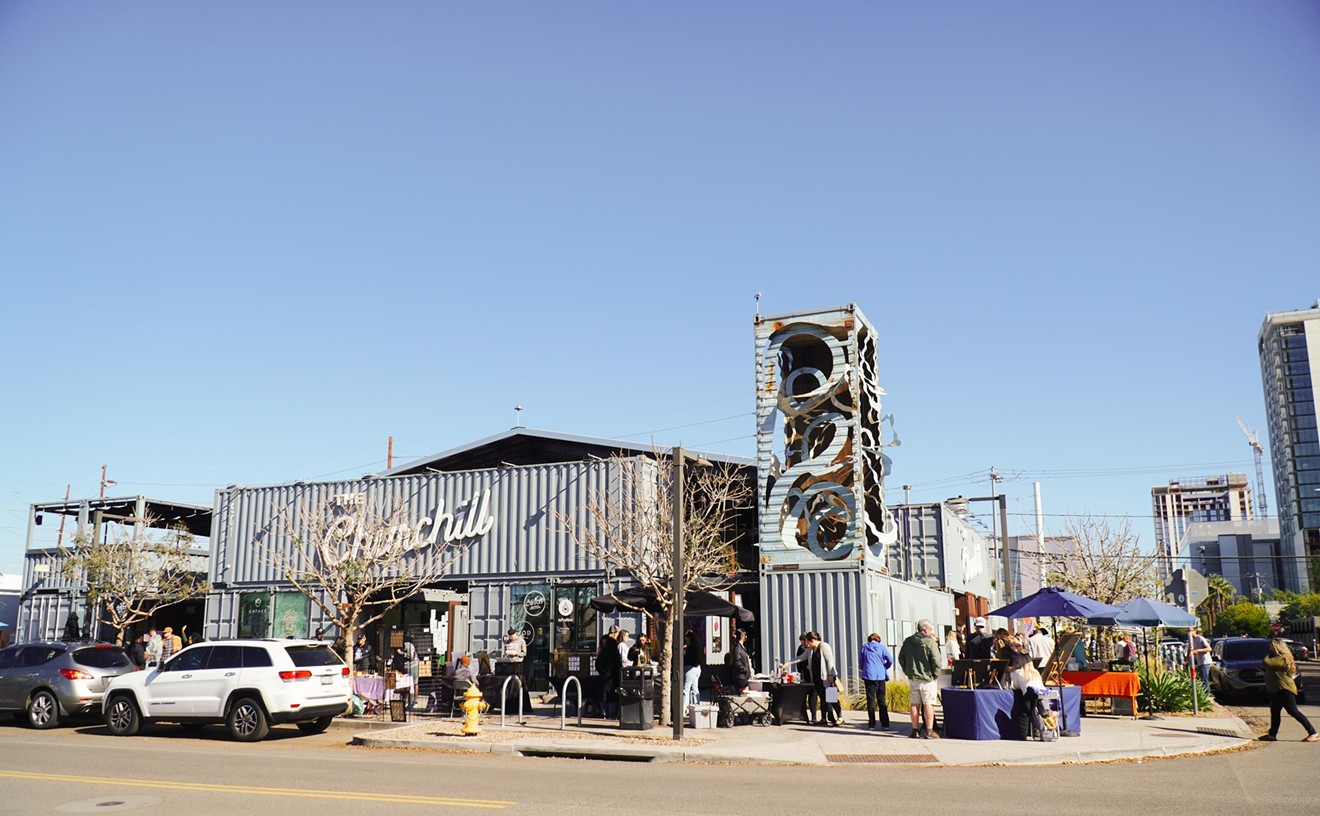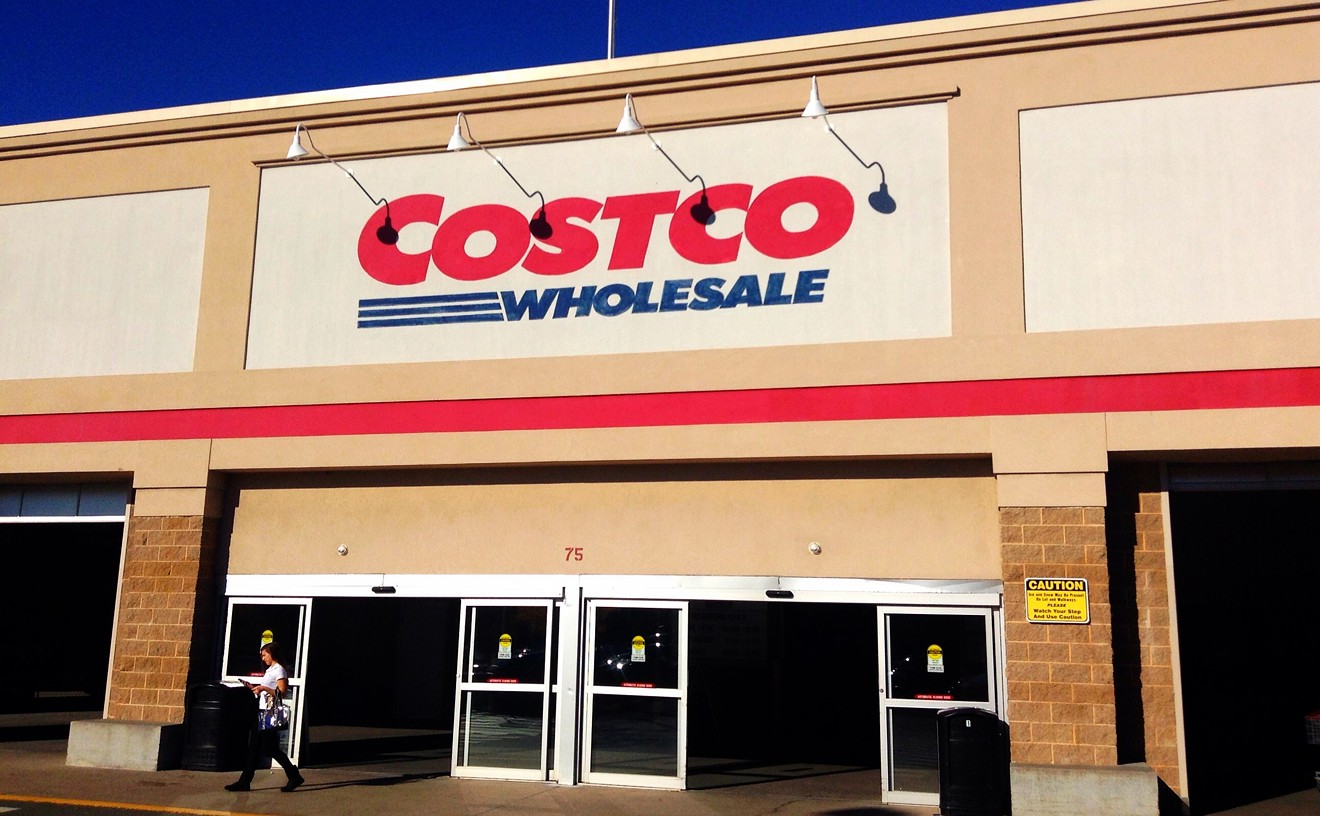It's that time of year -- vegetables are being harvested in local gardens and it serves as an inspiration to many. Thinking about the joy of growing dinner in your own garden? Think it's too late? Have a fear of failure? Don't worry, your November veggie garden guide is here.
See also: - Growhouse Harvest Honey From Its Own Hive - Old Town Scottsdale Farmers Market Is Back
Already have a garden or space for a garden, and want to plant now? Perfect.
"Now's the time for varieties of broccoli, cauliflower, kale, Swiss chard, Brussel sprouts, spinach, fennel, lettuces and root crops such as carrots, beets, parsnips, turnips, and a variety of radishes," says Rebecca Kidwell co-owner of FarmYard a company that amongst other things, installs organic gardens. Jay Harper, co-owner of Harper's Nurseries notes "we're smack dab in the middle" of winter gardening and planting season-- it's not to late to get growing.
While you can still start growing from seeds, many local nurseries like Baker's or Harper's carry plants that have already been "started," which often helps first time vegetable gardeners gain confidence. Jay Harper notes that there's plenty of time to plant so "take a week and do it right." This includes soil preparation.
Harper says that if you're planting in the earth you'll need to add plenty of organic material like compost and recommends gypsum to counteract the alkalinity of the earth here. Kidwell agrees and likes starting with Singh Farm's blended compost for all new garden beds. Using a raised bed to grow vegetables is highly recommended in the Phoenix area. You can buy a kit online, make a bed or purchase one from a garden centers. With a raised bed you can install a drip system for watering and gain a little more control over the soil your food is in. With or without a raised bed, Harper stresses that you'll want to fertilize regularly, "even when it is cool out it's dry and you'll need to water, and water leaches out nutrients."
Confused about seeds and start plants? Vegetables like carrots, beets and onions are best started from seed as root vegetables don't really come in a "started" form. Kidwell notes that "no matter how warm it is, a variety of carrot that takes 90 says [from seed to harvest,] will not take less time." Other items like leafy greens (think lettuce, kale and cabbage) are great to plant from seeds or started. You might also consider how much space you have in your garden when deciding on seed or starters. "Seed doesn't really go bad," says Harper, however if you only want a few plants of broccoli, starters might be a better way to begin. Not only are leafy greens good for you they are hearty and don't really need much protection in the winter time.
Speaking of frost protection: It doesn't frost much within Phoenix city limits, but the time to prepare is now. Cold snaps move in quickly as we've already experienced this year and its best to be prepared. The Desert Botanical Garden's November garden guide notes that "Historically, the first freeze can occur as early as the 15th of November." While you can use old sheets in a bind, most experts recommend a fabric such as N-Sulate or burlap. The Desert Botanical Garden's guide also warns to "never use plastic as it causes plants to burn where they come into contact with it." Frost cloths (like N-Sulate) can be found at many nurseries, however be sure not to leave cloths like N-Sulate on for more than a few days at it might provide too much shade.
Not ready for a raised bed? Many herbs, like dill and parsley, will do well with enough sun in containers. You can also plant a few things that aren't fully in season, like tomatoes and peppers if you provide them with some cover when it does get cold--sometimes even a sunny covered patio provides enough warmth.
Totally new to gardening and nervous? You can read up on gardening now and plant in 2013 if need be--books on any desert gardener's list should include "Desert Gardening for Beginners: How to Grow Vegetables, Flowers and Herbs in an Arid Climate" available from the Maricopa County Extension, and the "Sunset Western Garden Book," published by Sunset Books Inc.










